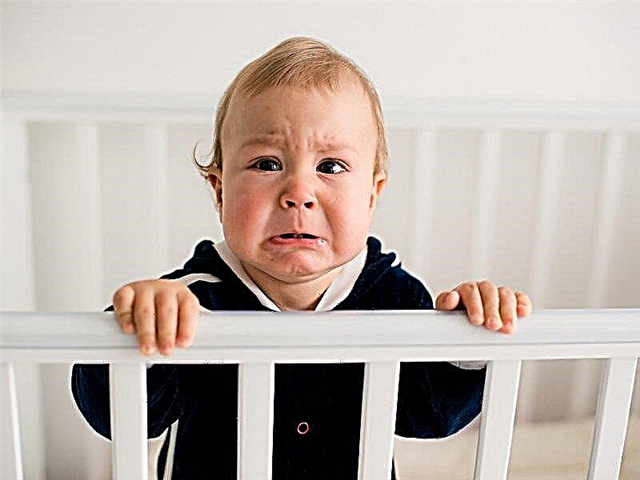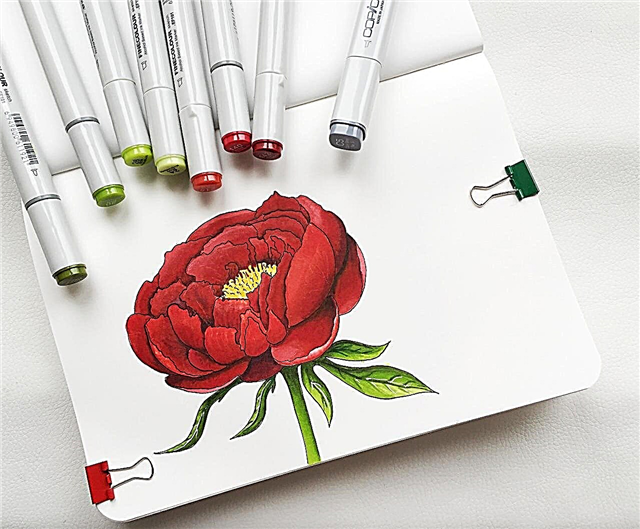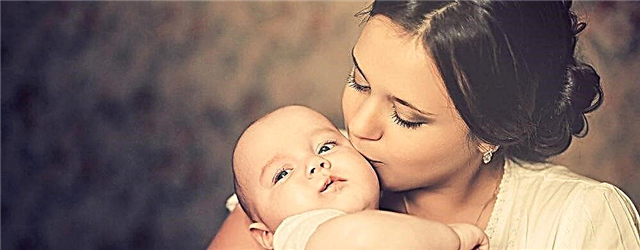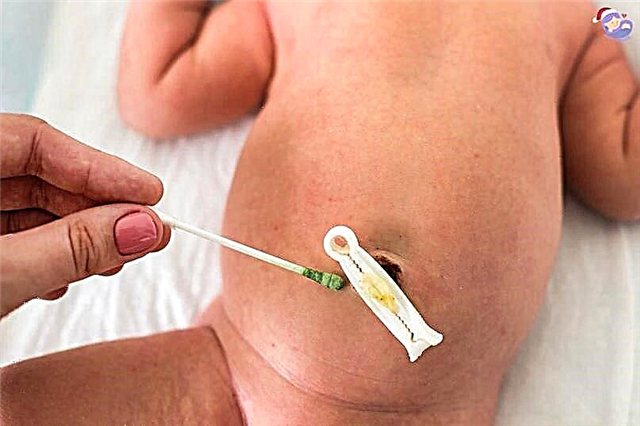Hiccupping in a child is a very common phenomenon, many young parents often think about why their child hiccups so often. Usually hiccups do not cause painful sensations to the crumbs, but with prolonged and frequent hiccups, the baby becomes irritable and moody. All moms and dads should know what needs to be done to save the toddler from obsessive hiccups.

Baby hiccups
What is hiccups
In the human body, there is a dividing muscle called the diaphragm between the chest and abdominal cavity. In a newborn baby, she is very mobile and sensitive. Under the influence of any stimuli on the diaphragm, it contracts convulsively. Further, an involuntary closure of the vocal muscles occurs, it is at this moment that you can hear the sounds that are characteristic of hiccups.
Most often, this condition is not a symptom of any pathology. It happens that an attack can last for about an hour or more. Hiccups are uncomfortable for the baby. Parents should know not only how to stop hiccups in a newborn, but also understand the reasons for this condition.
Additional Information. The older the child becomes, the less often he will be disturbed by this unpleasant phenomenon, since the organs of the digestive tract adapt and will be resistant to the influence of external stimuli. For children under one year old, hiccuping is a natural physiological phenomenon that does not have a negative impact on the health and well-being of the baby.
Causes of hiccups in newborns
There are many reasons why newborn babies may have hiccups. Parents should know them in order to take appropriate measures in time to eliminate such an unpleasant symptom.
Overfeeding
It happens that, due to overfeeding, the baby begins to hiccup immediately after he has eaten. With the rapid expansion of the ventricle and its fullness, diaphragm cramps occur, this leads to frequent hiccups. The mother should try to offer the breast or formula to the baby at least 2-3 hours apart and not give more food than the norm requires.

Bottle feeding
Swallowing air
When the baby is hungry and begins to actively suck on the breast or nipple from the bottle with the mixture, a lot of air enters the stomach along with the food, which stretches it and presses on the diaphragm. Because of this, breathing is disturbed, as the diaphragm begins to reflexively contract.
Hypothermia
Hiccups can also appear if the baby suddenly becomes cold. Since the infant has not yet fully formed heat exchange processes, any significant temperature fluctuations in the room or outdoors can affect the body temperature of a small child. The kid can freeze at night, write. To eliminate night hiccups, you need to quickly warm up the baby, put on dry and warm pajamas, change the diaper, and wear it on your hands. To understand whether a child is cold or not, you should touch his hands, feet, nose. If they are cool, then the baby is cold.
Note! Dr. Komarovsky considers hiccups from the cold to be a myth and advises parents how to get rid of it as quickly as possible using simple methods, for example, giving the child a drink of warm water.
Fright
Scaring a baby is easy. This could be a loud noise from a vacuum cleaner, a sudden bright light, or a sudden change in the environment. If, after exposure to such factors, the baby begins to hiccup, you need to eliminate them, take the baby in your arms, sing a song and calm down.

Scared child
Mother's diet
Babies can often hiccup due to the fact that a nursing mother neglects her diet and uses the wrong food. Everything that is present in the mother's diet, the baby receives with breast milk. Hiccups in newborns after feeding begins due to the fact that nuts, eggs, wheat grits, cocoa, coffee, tangerines and lemons are often present in the diet of a nursing mother.

Foods that should not be consumed while breastfeeding
Irritants in the respiratory system
Babies have very sensitive respiratory organs, and any irritants in the air, such as steam, dust or a very strong odor, can trigger a cough. With frequent coughing, the thoracic region pressure on the diaphragm, this causes it to vibrate. As a result of all this, it turns out that the baby makes hiccuping sounds.
GERD
If the baby hiccups very often, even when he did not overeat or swallow air, this may indicate that he has gastroesophageal reflux disease. GERD is a condition in which a certain amount of stomach contents are returned back into the esophagus. All this provokes the appearance of hiccups and painful sensations. Hiccups are usually not the only symptom of GERD. Others include colic, crying at night, regurgitation and abdominal pain after eating.
Diseases
Hiccups in a newborn can be a symptom of a disease that has already begun to progress. If, in addition to diaphragm spasms, a baby often regurgitates, the child behaves restlessly, nervous and cries, he periodically starts coughing, and the temperature rises, this means that the baby is not all right.
Such symptoms are characteristic of many diseases, it is possible that the child:
- Pneumonia;
- A brain tumor;
- Infectious diseases;
- Gastroesophageal reflux;
- The diaphragm is affected.
If there are problems with the gastrointestinal tract, then, in addition to hiccups, other symptoms usually appear:
- Fountain vomiting;
- Pain in the stomach, the baby may spit up;
- Flatulence;
- Constipation or, conversely, diarrhea;
- Refusal to eat and water.
Additional Information. Only a doctor will be able to refute or confirm all suspicions and only after certain examinations. Parents should understand that if they have such symptoms, they should immediately call a doctor at home.

The baby cries because of the hiccups
How to Stop Hiccuping After Feeding
Most often, hiccups appear after eating, this is primarily due to disturbances in the digestive tract. There are also other reasons that contribute to the appearance of such an unpleasant symptom. All parents should know what methods can be used to remove hiccups, because they are often exhausting for a small child.
Important! Severe and prolonged hiccups after feeding are a clear sign that mistakes are made in caring for a newborn. Mom should pay attention to the position in which the baby is during feeding, as well as how many times a day she feeds the baby, and the volume of the formula that the baby drinks.
Chest
How to quickly remove hiccups from a newborn by attaching it to the breast? Drinking a small amount of breast milk while slowly sucking it out will cause the diaphragm muscle to completely relax. After a while, the organ will return to its natural movement, and the hiccups will get rid of.

Lactation
Abstraction
How can you save a baby from hiccups with the help of distracting manipulations? Every time the baby starts to hiccup, you need to try to distract him and give a rattle or a bell in your hand. Hiccups appear due to muscle spasms that were triggered by nerve impulses. By changing the nerve stimuli during touch or through certain sensory input while the baby is watching the toy, you can reduce the hiccups or even stop it completely.

Baby is played
Warming
Hiccups, which were provoked by hypothermia, should not cause panic in the parents. Newborns quickly overheat and cool down quickly, as their thermoregulation is not yet perfect. How can you stop an infant's hiccups with rewarming? Warm up the baby as quickly as possible, cover it with a warm blanket, put on additional socks, a hat, and press it to the chest. Breast milk or a warm formula will help warm the newborn. You can also give the baby a drink of warm water from a spoon.
Attention! The mother should touch the child: if he has cold legs and arms, this will mean that he is cold.
Massage
How can you help a newborn to get rid of hiccups with massage? It is necessary to put the child on his tummy and gently massage the back, heading from the lower back to the shoulders. You can also take the baby in your arms and gently stroke his back in a circular motion. This method is very effective against hiccups.

Massage for hiccups
Column position
How to get rid of a baby from hiccups using an upright position? It is necessary to hold the baby in the posture "column" immediately after feeding for 10-15 minutes. This position will help the child to keep the diaphragm in its normal state, this will prevent any fluttering of the muscles. You can also gently stroke the back of your baby so that he can regurgitate any air swallowed during feeding. This will relax your diaphragm and reduce hiccups.
What not to do with hiccups
It is important for parents to know how to stop hiccups is not worth it:
- Scare the baby. Not only will the fear not help, but it will also cause the next bout of hiccups.
- Throwing the baby up or slapping his hand on the back will frighten him greatly, and the hiccups will last for a very long time.
- Wrap up the baby strongly, since overheating is much more dangerous than mild hypothermia. The temperature in the room where the child sleeps and plays should be adjusted to 20-22 degrees. If the child is hot, remove excess clothing. If the baby is very cold, you can dress it in terry pajamas, cover it with a warm diaper or a light blanket.
- Shaking the baby by grabbing by the shoulders or arms to stop the hiccuping will cause serious harm to the baby's health and psyche.
Prevention of the appearance of hiccups in an infant
It is possible to prevent the appearance of hiccups in an infant, but only if you understand why it occurs:
- Avoid overeating, as this is the main cause of the reflex. This can be done by shortening the latching time or by reducing the amount of formula. Ideally, the baby only suckles on demand, but you need to control the portions of milk he eats.
- During breastfeeding, hold the baby upright, at an angle of 35-45 degrees. This will encourage a slow flow of breast milk into the stomach.
- The mother should listen for the sounds that the baby will make during feeding. If they are too loud, then the baby swallows a lot of air. It is necessary to adjust the nipple so that there is a small air gap between it and the mouth. With HB, it is important to make sure that the baby's lips cover the entire nipple completely.
- Before feeding (for 15-20 minutes), many pediatricians recommend spreading the baby on the stomach so that all excess air can escape from the stomach.
- The child needs to be fed and put to a day or night sleep only in absolute silence so that he is not frightened and is not distracted by anything. Bright lighting and loud noises can scare him, distract him from the meal, and cause him to swallow excess air.
- It is recommended to keep the children warm and cozy. Change the diaper in a timely manner and make sure that the baby does not freeze, both during a walk and while at home in an apartment. After bathing, wipe the baby as soon as possible with a dry towel.
- Breastfeeding mothers should follow the correct diet during the breastfeeding period.
When to see a doctor
Usually, hiccups do not harm the child. If during the hiccup he does not experience noticeable discomfort, then he does not need the help of a doctor. There are situations when the contraction of the diaphragm can manifest itself as a symptom of a serious illness, in which case it will not depend on feeding, hypothermia, fright or the mother's diet.
If the hiccups last for a very long time, it could be a symptom of certain medical conditions. These include:
- Violations in the central nervous system;
- Meningitis and encephalitis;
- Inflammatory process in the lungs;
- Liver or kidney infection;
- Congenital disorders in the organs of the digestive system, diaphragm, lungs;
- Malignant tumors;
- Worms in the intestines.
Note! If a child's diaphragm is constantly contracting, and this continues for more than an hour, the baby is crying all the time, looks very restless, his sleep, appetite are disturbed, and he has difficulty breathing, and he cannot stop hiccuping, parents should urgently call an ambulance. Only a doctor will be able to establish the true cause of such a reflex.
Hiccups in a newborn is a condition that signals to parents that the baby has some kind of malfunction in the body. As a rule, they do not threaten the health of the baby, but they act annoyingly and significantly worsen the quality of life. It is important for parents to notice the symptom in time and do everything necessary to eliminate the cause of the hiccups. If all the tried methods are ineffective, you should seek help from a pediatrician. Hiccups that continue for a long time can cause disturbances in breathing and stop breathing, this is already a serious problem for a small child, it is impossible to cope with it without the help of a doctor.



